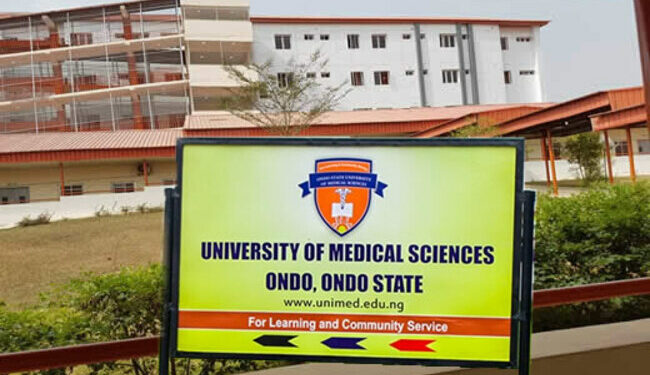- Says dry season will extend to March
From Bamigbola Gbolagunte, Akure
The outcome of research conducted by researchers at the University of Medical Sciences (UNIMED), Ondo in the latter part of 2024 has revealed the quality of air in Ondo, Ondo State.
The research conducted by Oluwajenrola Akintomide, Christopher Olowookere and Roseangela Nwuba in conjunction with IQAir in the USA, shows “there was moderate air quality in August, September and October, while in the dry months of November and December, the ambient air was unhealthy to the sensitive groups and unhealthy to the general public.”
The research shows further that the air quality exceeded the World Health Organization (WHO) recommended limit of 50.
The study, according to a statement by the Public Relations Officer of the university, Mr Isaac Oluyi was conducted using a ground-based observatory system at the University of Medical Sciences Ondo.
According to the statement, real-time data on ambient air quality was monitored from August to December 2024 and transmitted to cloud storage, while the big data was downloaded and analysed using Python analytical tools.
The lead researcher, Oluwajenrola Akintomide said “the dry season in Ondo, South West of Nigeria, is expected to extend to March 2025. Therefore, the people of Ondo and other locations in Nigeria should protect themselves from the increased particulate matter concentrations and temperature values associated with the dry season”.
The researchers suggested that individuals should, among others, “use facemasks in the dry season, especially at the pollution hotspots, drink more water to avoid dehydration, cover their heads with protective headgear, especially in the afternoon, sprinkle water on house ground and office floor outdoors before sweeping it.”
In addition, the researchers recommended that government should organise public enlightenment programmes on the adverse health effects of air pollution and the safety precautionary measures; improve the current economic situation in the nation; tar all road networks in Ondo and, by extension, Nigeria, to reduce road dust; introduce mass transit bus to reduce motorcycle density on the highway, among other solutions.
